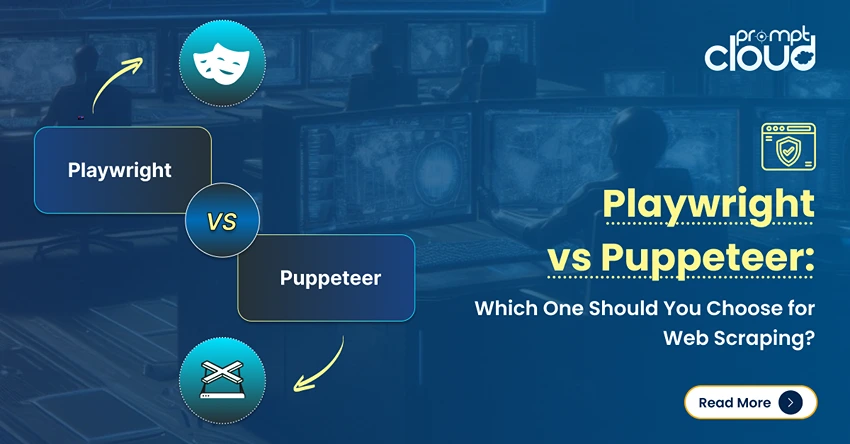WhatsApp used to be one of the most popular free-to-use and advertisement-free messaging services. But there has been a lot of hue-and-cry over its ever-changing and intrusive privacy policies. To understand the recent changes in WhatsApp’s privacy policy and why they were brought about, we need to understand how WhatsApp makes money. Instead of showing advertisements like its competition, WhatsApp initially charged $1 from some of its users. However, WhatsApp stopped charging users the $1 fee on Jan 18, 2016. This was mostly due to the fear of users leaving the platform because of the charges or the hassles of making an online payment.
WhatsApp Privacy Policy Update
In a statement released on the same date, WhatsApp mentioned that they did not plan to make money through advertisements and would offer their paid services to businesses like Banks and eCommerce websites. All this was around two years after WhatsApp was sold to Facebook for a record-breaking deal of $21.8 billion or $55 per user at that time.
Even though WhatsApp wasn’t making any profits, there was a reason why this was one of the largest acquisitions in Silicon Valley– It had 500 million users in 2014. Almost a million new users were joining every day. 70% of users were active daily compared to just 62% on Facebook. Such a rapidly growing user base opened opportunities to WhatsApp to help companies connect with their customers.
This is what WhatsApp has been onto most recently. It onboarded multiple companies that are using the automated chat feature along with its payment services. These are still in a beta stage in most countries, but a lot of the revenue that WhatsApp aims to create will come from these avenues.
But helping businesses to connect with customers means using only half the resources at the disposal of WhatsApp– its massive user base. This would leave behind an even more valuable resource within reach for WhatsApp– its ever-growing data. The recent change in WhatsApp’s policies explains how WhatsApp will be targeting almost every other data-point at its disposal except private chats (which are still end-to-end encrypted). This Data will be shared with Facebook to drive targeted advertisements and marketing campaigns to success.
What Data Does WhatsApp Collect?
While the terms and conditions or the privacy-policy page may make things too complicated to understand than they are, WhatsApp is collecting some key data points on you at this moment:
a) The phone number that you use to register your account and receive your registration OTP.
b) Your profile picture and status.
c)Your WhatsApp contacts.
d)Payment details for the transactions that you completed on WhatsApp.
e)Device information such as model number, network details, and operating system.
f)Location details in case you have used the location sharing services.
g)Other data points like IP address and usage details (which includes when you were last active).
Data points that will be shared with the business accounts on the platform–
a)Phone number
b)Transaction Information
c)Location
d)Device ID
e)Interaction details (messages that you send/receive from business accounts)
f)Other user identifiers.
Information like location and transactions can be used to understand customers more deeply and find out their preferences. Companies can use Location-based information to show their advertisements on social media only to those who live in cities where the companies operate.
Fig: Data Captured by Whatsapp vs. your Private Data
This would result in higher conversion rates and lesser marketing expenditure. Along with this, transaction information can define a customer’s spending habits and help businesses decide which consumers are best for showcasing their products. This policy of using data from one source to advertise in another has been used by Facebook in other ventures as well– the most notable one being Instagram, which it bought for $1bn in 2012. Check out how to scrape Instagram data.
Why Target WhatsApp Data?
While privacy does take a hit if companies start saving and possibly selling all communications with individuals, the Data on WhatsApp is far more granular than those on other platforms. For example, companies using Big Data Analytics, Machine Learning, or Natural Language Processing can analyze chat interactions with thousands of customers. This would, in turn, be used to find out the pain points in customer interactions or reasons behind low customer satisfaction levels in general. As businesses integrate with WhatsApp more deeply, the day may not be far when companies run their eCommerce stores entirely through this messaging platform.
Fig: Using Data from WhatsApp for targeted advertising on Facebook
As Facebook makes Data sharing the norm, you can expect more cross-platform advertisements. As an end-user, you can also expect that companies will use quality data feeds to their advantage and create better and more suitable products tailor-made for a niche.
What Does it Mean for You as a User?
In case you are worried about the messages you send or receive on WhatsApp, you can rest assured since those are still encrypted on both ends. However, all your conversations with business accounts will be shared and may even be used by other platforms like Facebook. If you are really worried about your privacy, you need to ensure that you do not expose any confidential information like card details over conversations on business chats.
As a user, if you still wish to use WhatsApp but prefer to limit the amount of data that it captures on you, there are a few ways:
Fig: WhatsApp Permissions
a)You can stop sharing your location on WhatsApp– this way, your location data will not be used, but older records may remain.
b)You can choose to remove public details like your profile image or status which may be stored by WhatsApp.
c)Remove permissions for services that you prefer WhatsApp to not have access to.
Different Countries, Different Policies?
“If you live in the European Region, WhatsApp Ireland Limited provides the services to you under this Terms of Service and Privacy Policy.”
As soon as you visit the privacy policy page (that was last modified on Jan 04, 2021) of WhatsApp, you will be greeted with this statement, in italics, that is bound to catch your eye. While you may miss it thinking the wordings might be slightly different due to EU-laws, the reality is far from it. WhatsApp cannot legally share data from its users in the EU with Facebook. This is due to the General Data Protection Regulation (or GDPR) that was implemented in Europe in 2018. The act provides an absolute data-protection umbrella due to which no company can share, reuse or store information on private citizens without explicit consent.
Since no other region in the world is governed by such strict data protection laws, WhatsApp had to come up with two sets of policies– one for Europe and one for the rest of the world. A lot of users have found this dual policy confusing, and WhatsApp itself has had to come up with advertisements and Tweets to make users believe in its “aim to protect user data”.
The way WhatsApp shares its data today shall create the groundwork for other such platforms or even eCommerce sites sharing user data. As other countries or states come up with more stringent data protection acts, it remains to be seen how these companies can evolve or update their policies. In this constant battle of privacy vs data and analytics, companies will have to walk the tightrope to provide better services while still maintaining a formal data handling guideline.






















